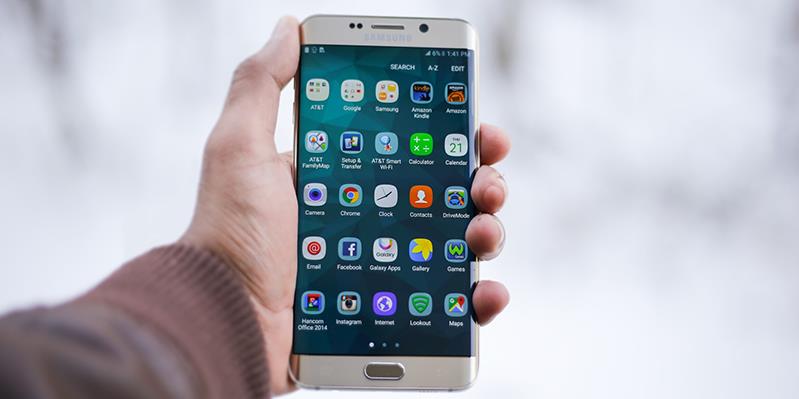The future of messaging apps
Messaging apps have over 3 billion users worldwide and is one of the fastest growing online behaviours. It is even over taking the hugely popular social media applications.
How apps are today?
As the reach of these apps is so large, and are used by people all over the world, marketers are seeing them in a new light of possibility.
Currently messaging apps are mainly used for their communication element. Popular apps like WhatsApp, Line, Viber, MyChat and Facebook messenger provide the user with a huge range of methods to communicate with friends, family, co-workers and even sometimes random people. The apps allow people to text message, voice call, video call, send images, videos, audio and much more.
How does the future look like?
In the future, it is expected that brands will play a bigger part in using these messaging apps in order to connect with their customers, especially during the retention stages of a sale. A messaging app has the three things that a company needs from their customers, frequency of use, convenience and an emotional connection. They have realised that harnessing these apps could potentially be a great way to communicate with their customer base.
Another area that is likely to grow with time is employee engagement. Today workers are almost expected to communicate with the co-workers via their mobile devices, however as this mixes with personal communication, it is not always the best route to go down. Industries are constantly looking for better ways that enable their employees to communicate with each other. Soon we are likely to see an increase of in-app innovation where employers are able to track work-related conversation in a secure environment, while also being able to transfer documents safely and store conversations for future use.
Mobile security is also likely to increase. People are sending more than just messages through their mobile, but also important documents, videos and images, therefore security will be a top priority. Although messaging apps are pretty secure, they may still be vulnerable to hackers. That is why encrypted messaging apps will be the future, along with other features such as remote scrubbing of stolen devices, verification tools, permission controls and many more.
Messaging apps will also play on the fact that people are using their mobile phones to organise their lives. Most people have a calendar, emails, social media, photos, news and a lot more on their mobile device, however usually spread across multiple apps. Messaging apps could be the way that all of these apps come together into one easy to use messaging application. Some more advanced applications such as WeChat already have added features like this, for example the ability to add payment information to the app and use it to transfer money, pay bills and go online shopping. More apps will jump on this bandwagon and start including a range of other lifestyle features on the app.
Facebook Messenger is already working on including messenger bots into their app that will allow users to message a stores bot directly. You will then be able to enquire about the company's merchandise, get any queries answered and then even eventually make a purchase through the messaging app. Through using bots such as these, it is inevitable that the apps will become more personalised, learning about the customers search and company preferences and offering adverts and deals based on this and even geographical location.
Conclusion
In the future, we can expect a lot from messenger apps, and they will begin to change the way that we use our mobile devices. We can expect a much more all-encompassing experience and a lot more than just the ability to send a message.

Presented by Skilled.co
Related Posts
In the era of high-speed internet, owning a server with a 10Gbps connection offers an unparalleled advantage in terms of data transfer speed, website performance, and user experience.
To make your business successful in the modern age, you need to excel at digital marketing and have a strategy that can allow you to beat out the competition.
In the ever-evolving landscape of digital marketing, link building remains a cornerstone of search engine optimization (SEO).
In today's age, establishing an online brand presence is crucial for success. With the vast reach and accessibility of the internet, launching your brand online can open up endless opportunities for growth and expansion.
Ecommerce marketing relies heavily on understanding consumer behavior and psychology to drive engagement, conversions, and loyalty.
In the world of interior design, ambiance is everything. From the cozy warmth of a rustic farmhouse to the sleek sophistication of a modern penthouse, decor plays a pivotal role in setting the mood and personality of a space.













Comments
comments powered by Disqus